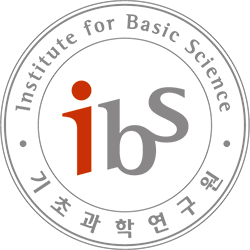
Exploiting heart rate variability for driver drowsiness detection using wearable sensors and machine learning – Myna Lim
September 26 @ 10:00 am - 11:30 am KST
Daejeon, Daejeon 34126 Korea, Republic of + Google Map
In this talk, we discuss the paper “Exploiting heart rate variability for driver drowsiness detection using wearable sensors and machine learning” by Zakwan AlArnaout et. al, Scientific Reports, 2025.
Abstract
Driver drowsiness is a critical issue in transportation systems and a leading cause of traffic accidents. Common factors contributing to accidents include intoxicated driving, fatigue, and sleep deprivation. Drowsiness significantly impairs a driver’s response time, awareness, and judgment. Implementing systems capable of detecting and alerting drivers to drowsiness is therefore essential for accident prevention. This paper examines the feasibility of using heart rate variability (HRV) analysis to assess driver drowsiness. It explores the physiological basis of HRV and its correlation with drowsiness. We propose a system model that integrates wearable devices equipped with photoplethysmography (PPG) sensors, transmitting data to a smartphone and then to a cloud server. Two novel algorithms are developed to segment and label features periodically, predicting drowsiness levels based on HRV derived from PPG signals. The proposed approach is evaluated using real-driving data and supervised machine learning techniques. Six classification algorithms are applied to labeled datasets, with performance metrics such as accuracy, precision, recall, F1-score, and runtime assessed to determine the most effective algorithm for timely drowsiness detection and driver alerting. Our results demonstrate that the Random Forest (RF) classifier achieves the highest testing accuracy (86.05%), precision (87.16%), recall (93.61%), and F1-score (89.02%) with the smallest mean change between training and testing datasets (-4.30%), highlighting its robustness for real-world deployment. The Support Vector Machine with Radial Basis Function (SVM-RBF) also shows strong generalization performance, with a testing F1-score of 87.15% and the smallest mean change of -3.97%. These findings suggest that HRV-based drowsiness detection systems can be effectively integrated into Advanced Driver Assistance Systems (ADAS) to enhance driver safety by providing timely alerts, thereby reducing the risk of accidents caused by drowsiness.

